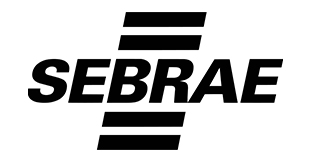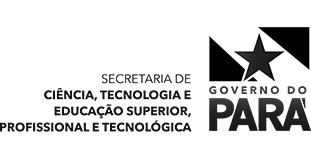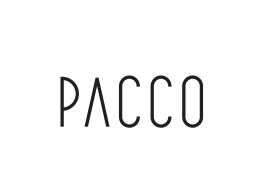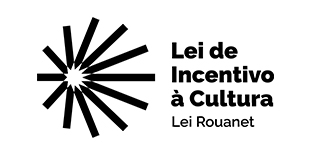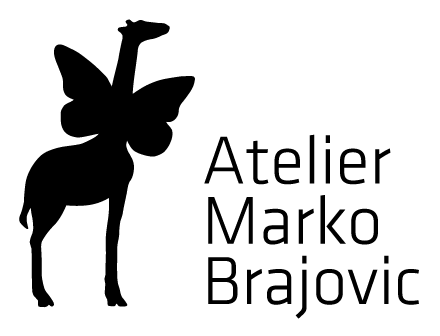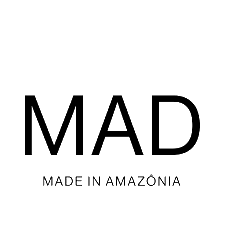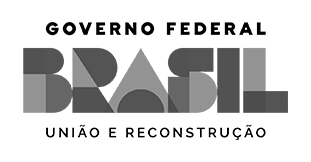AMAZON SCIENCE MUSEUM
The first advanced jungle laboratory
MuCA is a research and technical training center with great cultural appeal and strength to leverage technology aimed at the lifescience industry, thus contributing to sustainable tourism and forest preservation. Biodiversity is our starting point and also our finishing line.
The Amazon Science Museum (MuCA) is the first Advanced Jungle Laboratory in the country; a shelter for life, where traditional and scientific knowledge are united. On the banks of the Tapajós Flona, in the heart of the Amazon, it is located in the region with the greatest diversity of national ecosystems and the highest biological activity on the planet.
From the reconstruction of a historic city, built in 1934 by the American automaker Ford, the museum has the purpose of taking training and scientific dissemination to the interior of the Amazon for young people to undertake and lead, a bioeconomy project. MuCA is in the largest living gene bank on the planet and, through this asset, it opens a new horizon for nature, science and humanity.
We intend to rescue the competitive advantages of Amazon, by betting on productivity based on the dynamism of partner companies, on valuing biodiversity and on respect for the environmental partner, to create the first product portfolio with 360˚ ESG.
MuCA’s pillars
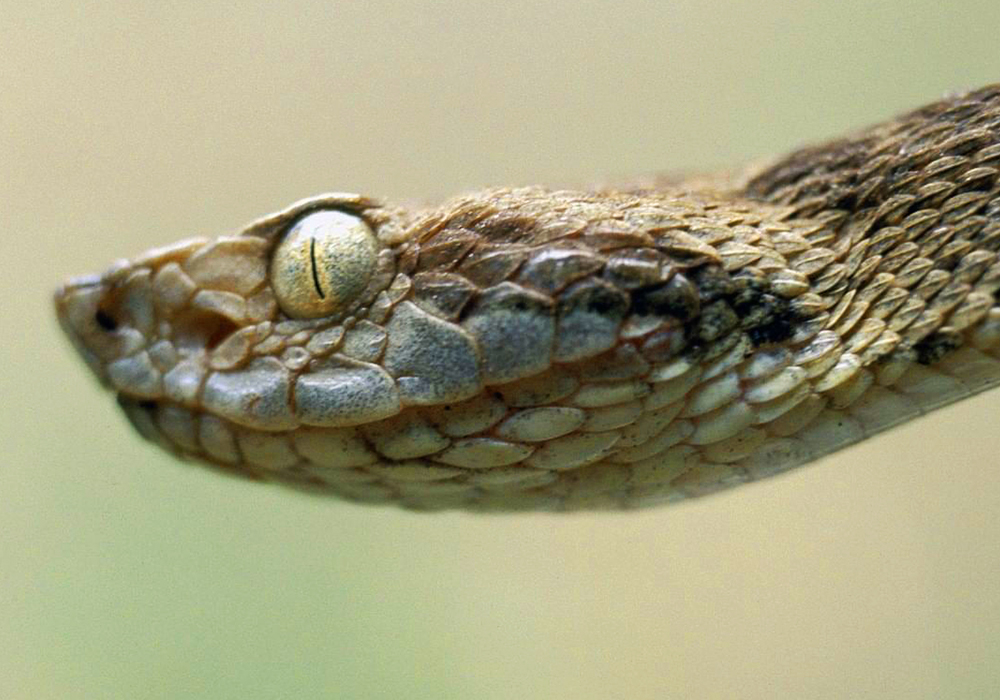
Collection
MuCA gathers several native species of a 15-years collection carried out in partnership with Instituto Butantan, supported by Ama Brasil organization in the Amazon; a biological heritage that was under the custody of the University of the Amazon (Unama), which provided subsidies for the qualification of MuCA as a Museum by IBRAM – Brazilian Institute of Museums.
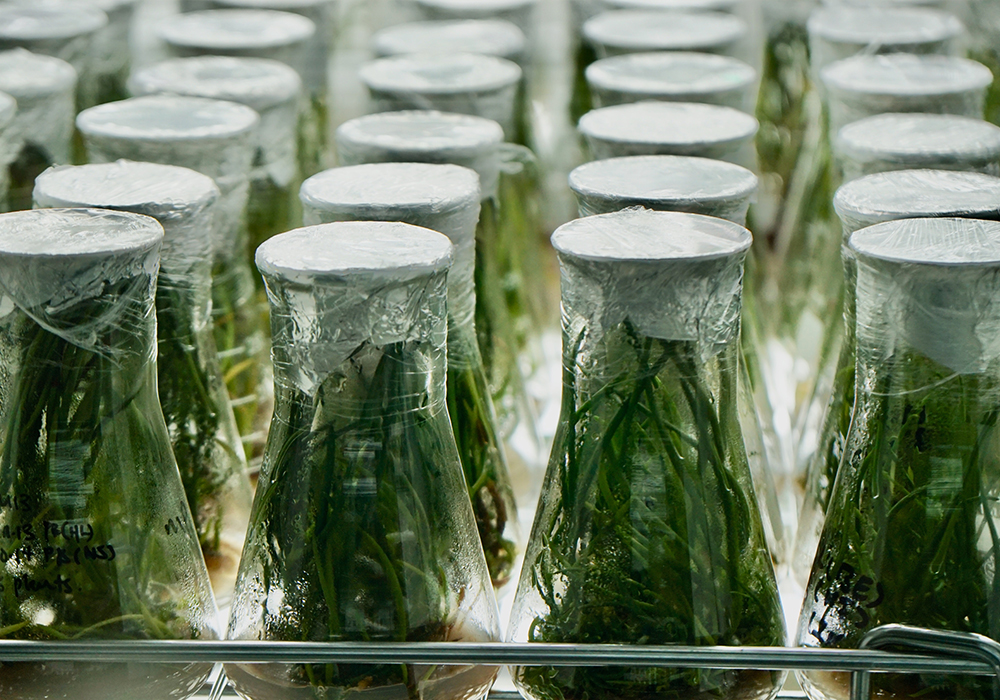
Research, Innovation and Industry
MuCA will host the first Advanced Jungle Laboratory in the Amazon, which will lead studies with animals, plants and microorganisms of high biological relevance for the development of wild foods, biocosmetics and phytopharmaceuticals. The research is the result of a partnership with the Federal University of Oeste do Pará - UFOPA and Biotec Amazônia.
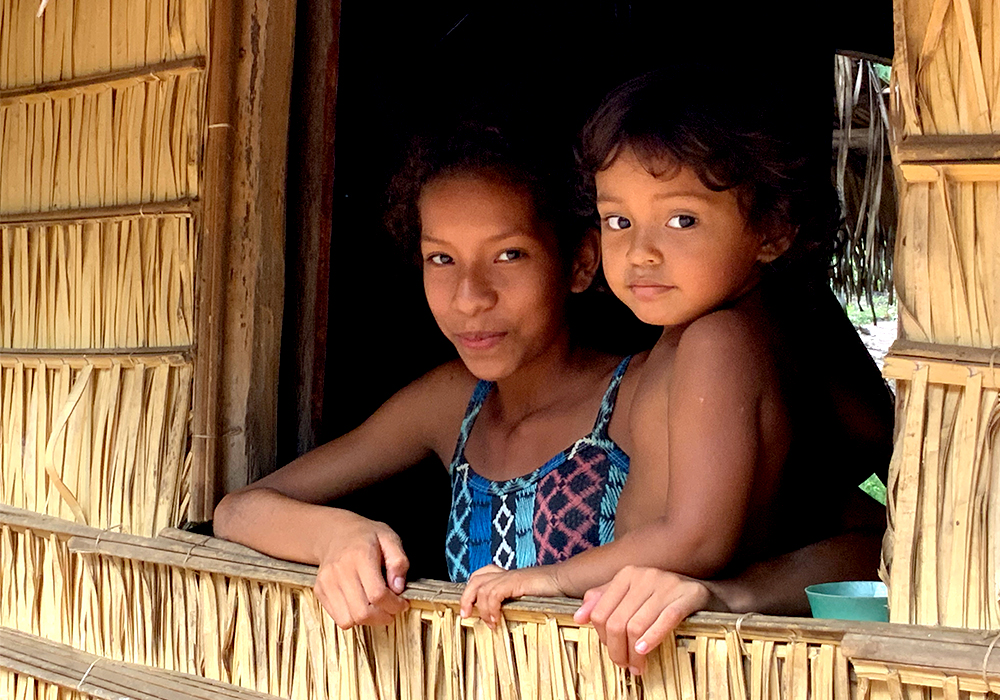
Social development
MuCA’s main focus is Entrepreneurial Education in Bioeconomy. The project aims to train 635 young people in the region to work in the development of high value-added forest services and products, strengthening the bioeconomy in the Amazon, fostering local scientific research and reinforcing, through science, the importance of the forest for the survival of humanity and the planet.
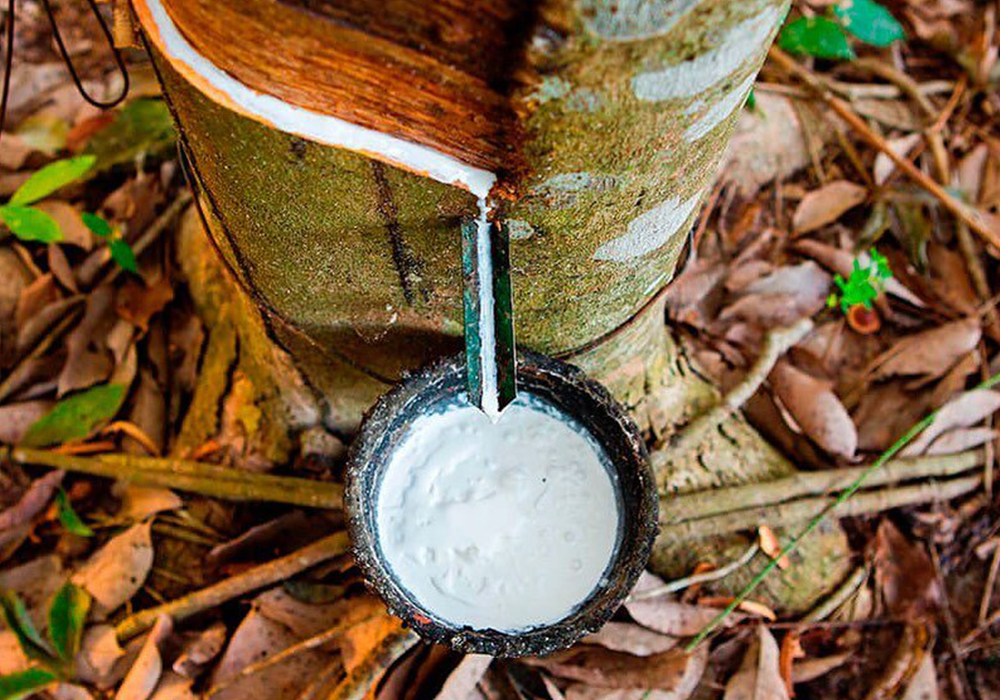
Forest Production
In partnership with UFOPA, a community will also be formed to work in an extractive reserve (Tapajós-Arapiuns) with 3,600 hectares of forest for production chains of raw materials with high added value for the industry. UFOPA technicians and researchers will work to standardize these assets in accordance with regulatory and industrial standards.
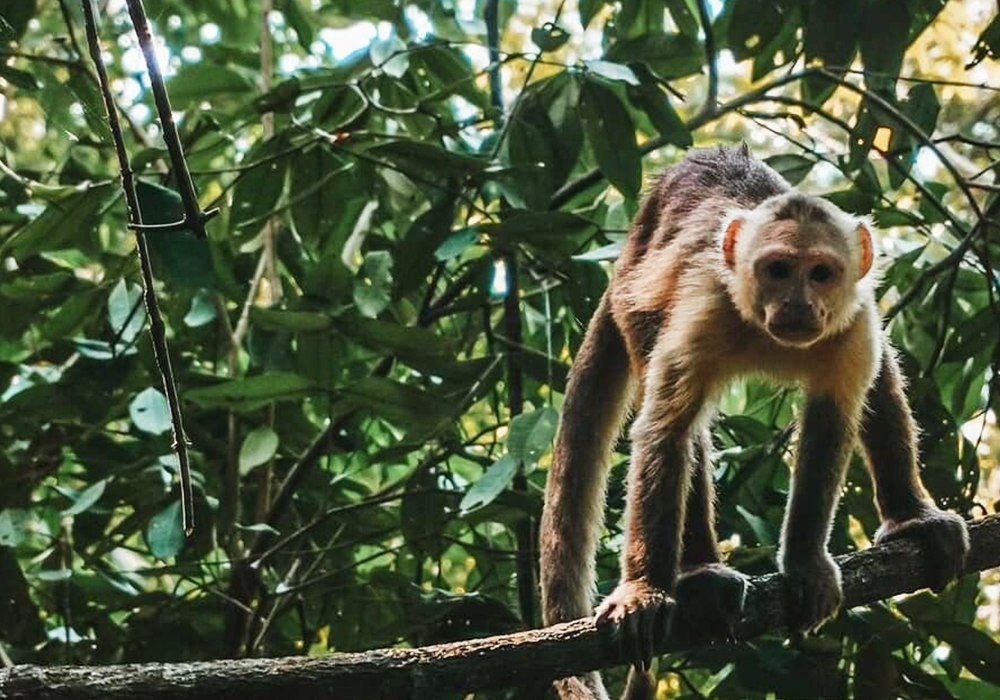
ESG
MuCA's presence in the Amazon also represents the beginning of a practical approach to ESG (Environmental, Social and Corporate Governance) in the world's most biodiverse territory. We seek to implement sustainable forest management based on actions focused on valuing its natural attributes and preserving existing resources. We place education and scientific knowledge as strategies for nature conservation and a more prosperous, equal and sustainable future.
BLOG
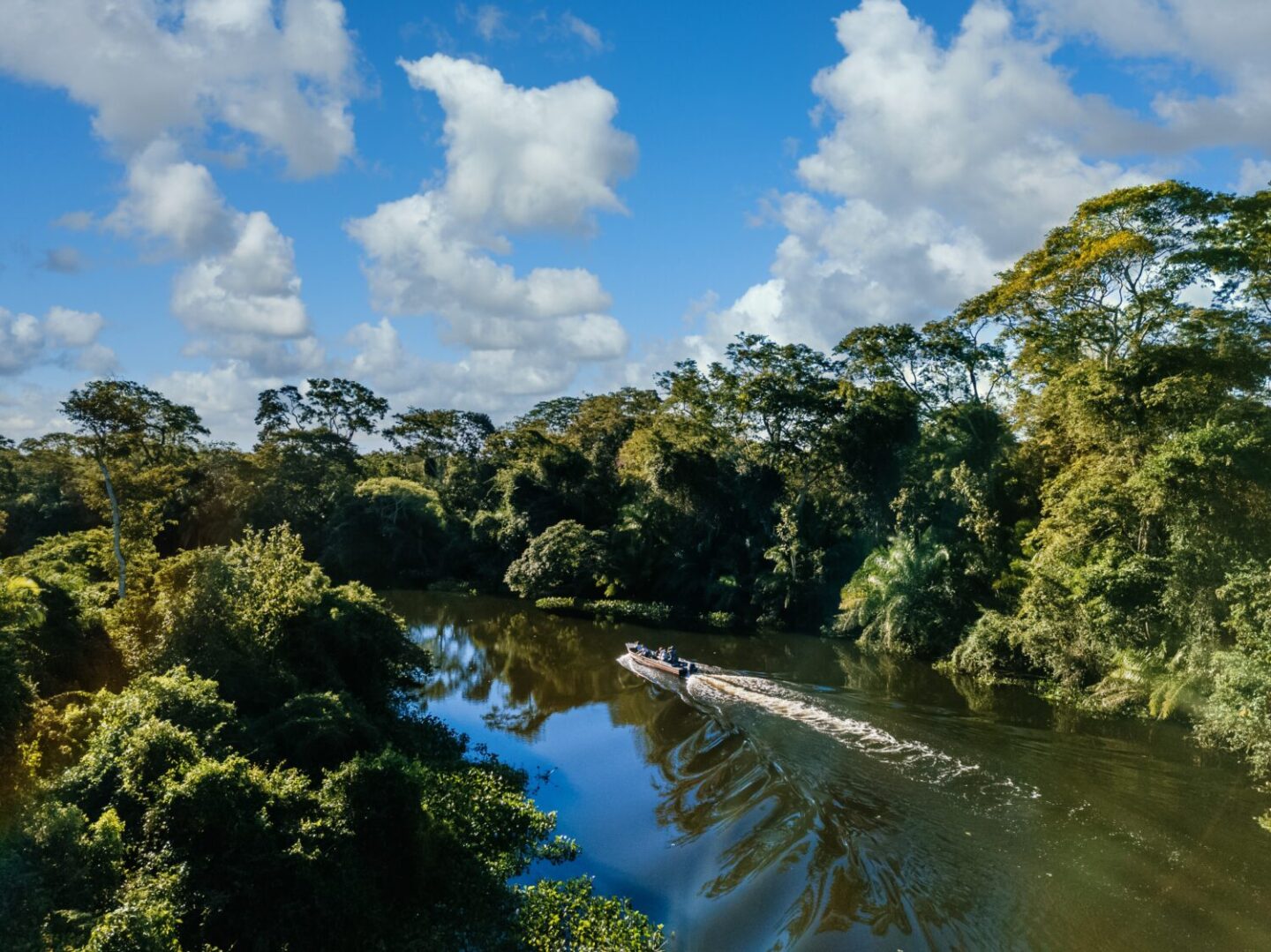
The Amazon in the spotlight: science, culture, and bioeconomy on the road to COP30
by Luiz Felipe Moura, coordinator of the Amazon Science Museum (MuCA) The upcoming COP30 represents much more than a global summit on climate change: it
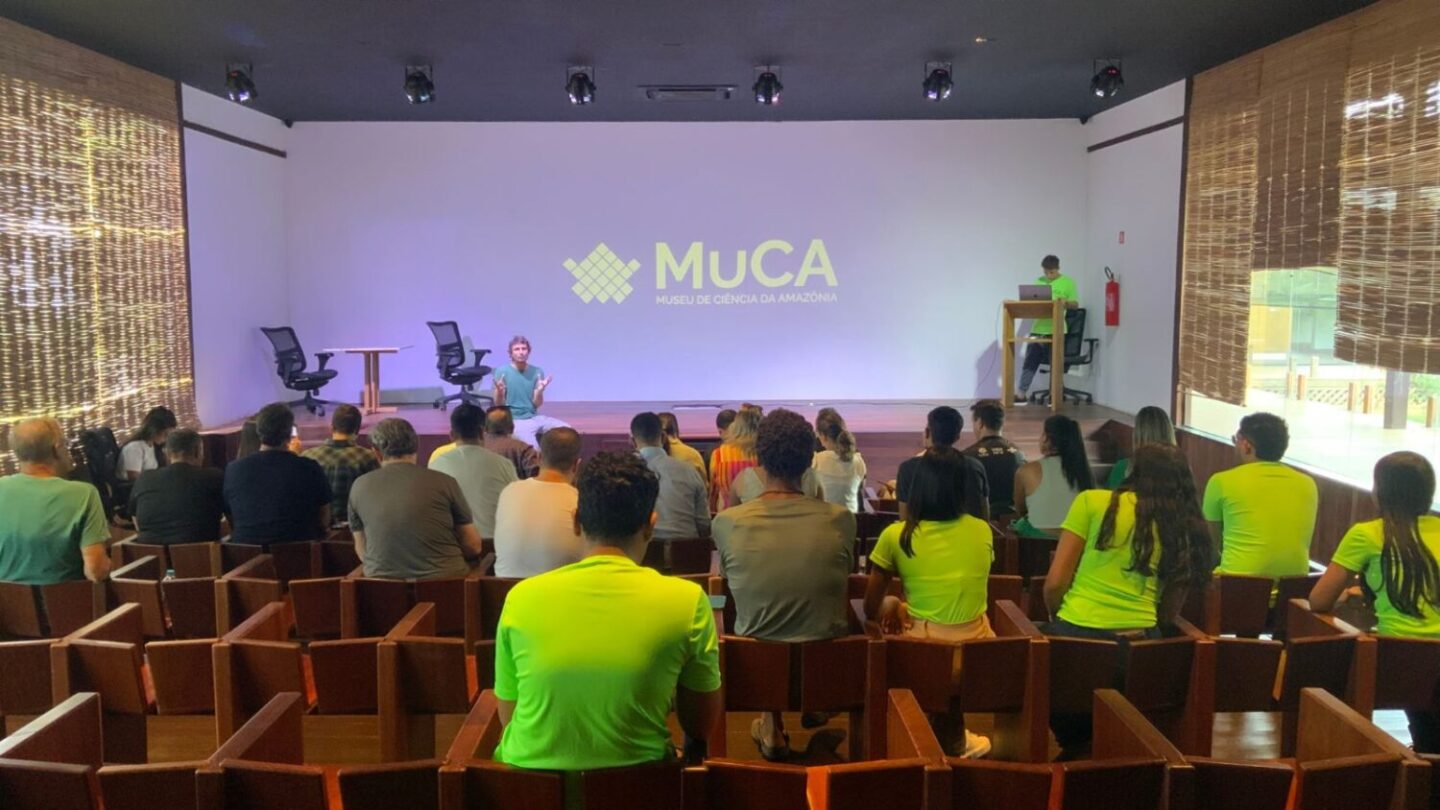
MuCA establishes itself as a hub for bioeconomy and cultural tourism in the Amazon ahead of COP30
The Amazon Science Museum (MuCA), located in Belterra, is preparing to be one of the key players in the decentralized programming of COP30, which will
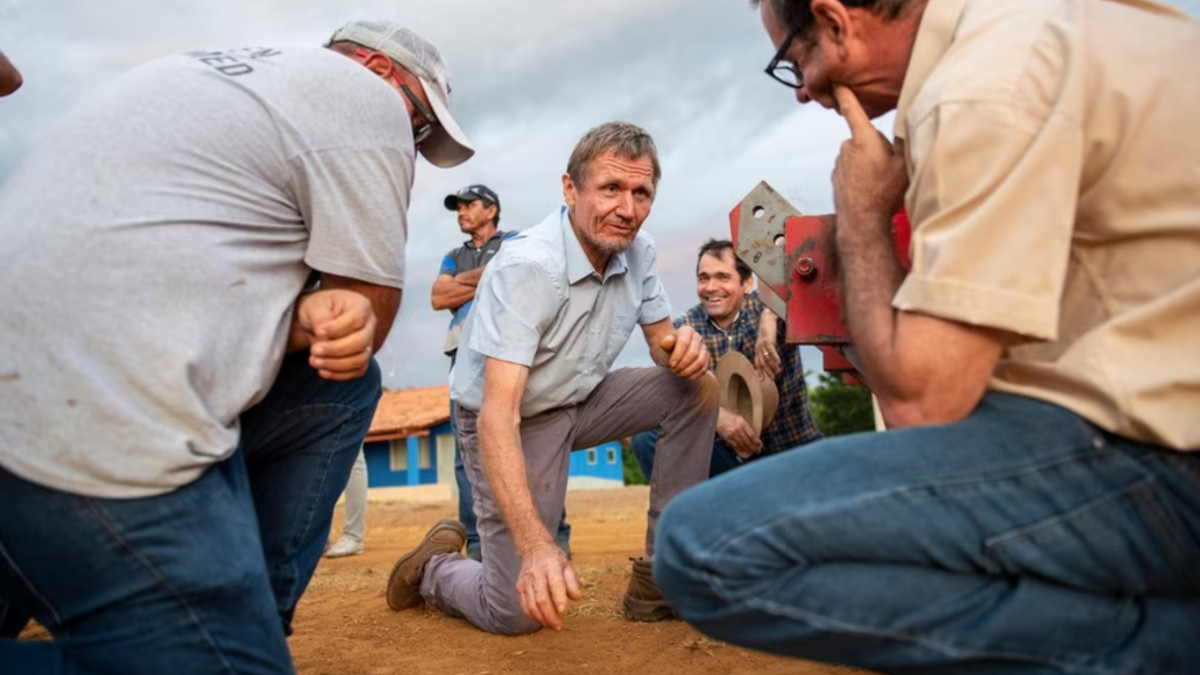
MuCA welcomes Ernst Götsch, an expert in Agroforestry Systems, for the event “My Backyard in the Forest, My Forest in the Backyard.”
Between January 10th and 16th, MuCA hosts Swiss farmer and researcher Ernst Götsch for a series of events, including lectures and practical workshops, under the

